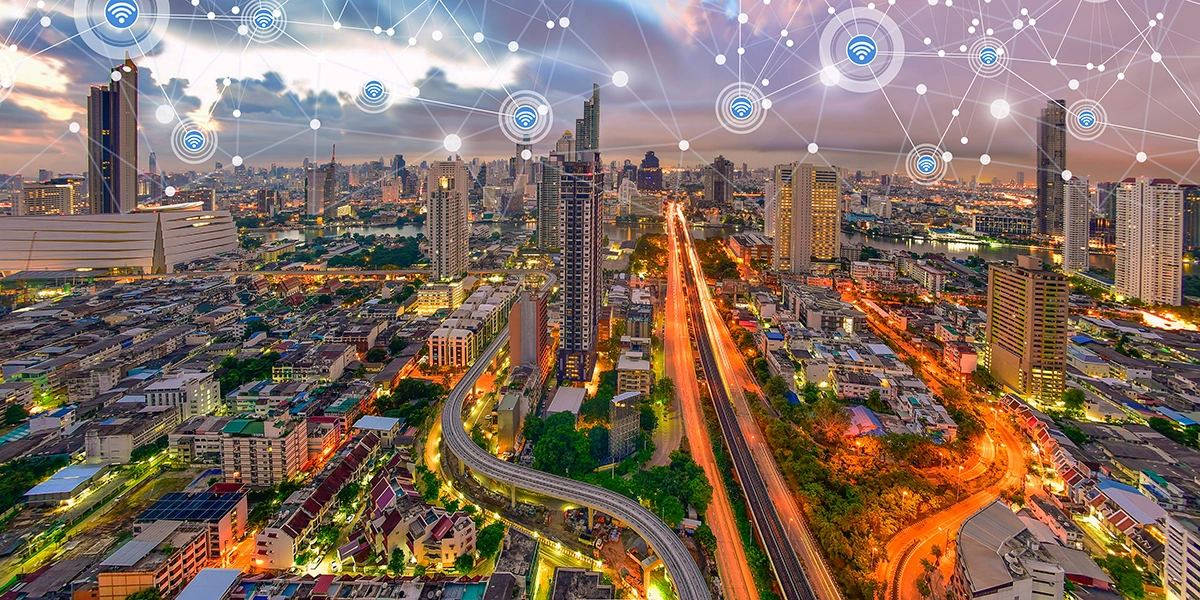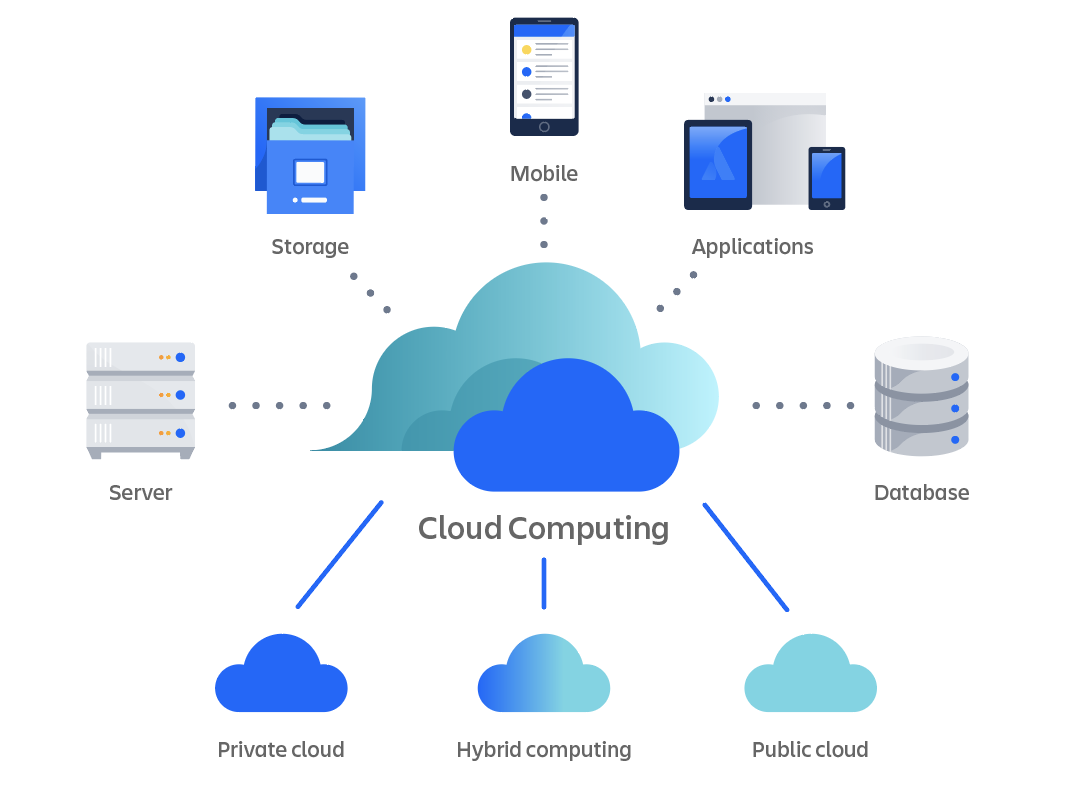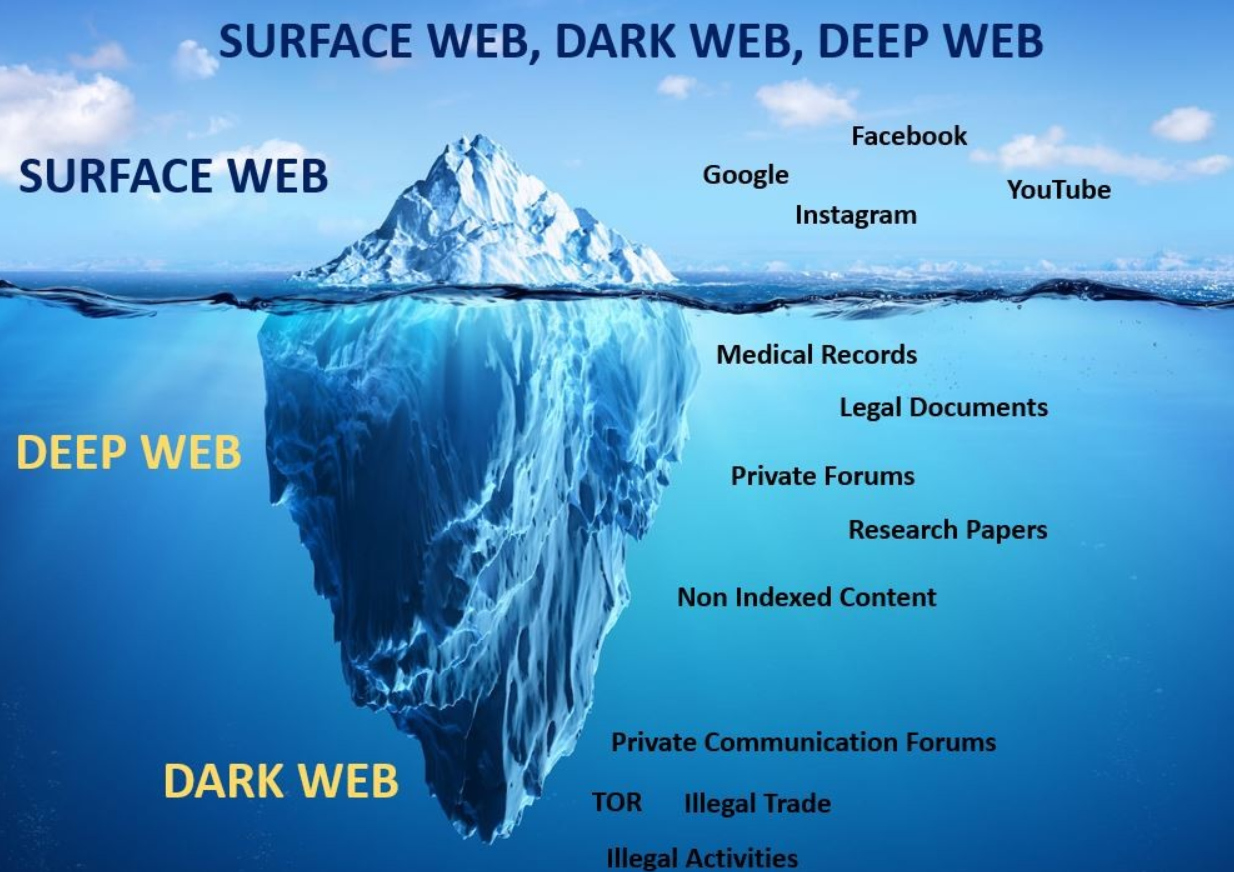
How Technology is Changing Our World
Imagine waking up in a city where your morning starts with lights that turn on automatically as your alarm rings, your bus arrives on time without delays, and traffic jams are rare. This isn’t a futuristic dream — it’s the reality that smart cities are creating today.
Smart cities are designed to make life easier, safer, and more efficient by using technology to improve everything from transportation to waste management. Let’s take a closer look at how these cities are quietly transforming our daily lives.
1. Smarter Roads, Less Traffic
We’ve all been there — stuck in endless traffic, frustrated and late. In smart cities, intelligent traffic systems help reduce such problems. Sensors placed across roads gather real-time data about vehicle movement. This data helps adjust traffic lights to reduce congestion and suggest alternate routes for drivers.
For example, in cities like Pune and Bengaluru, smart traffic systems have reduced commute times by up to 20%. Imagine saving those extra minutes every day — more time with family, less stress, and improved air quality.
2. Safer Streets with Smart Surveillance
Walking home at night can sometimes feel unsafe. Smart cities are addressing this with AI-powered surveillance systems. These systems don’t just record videos — they analyze movements, identify suspicious behavior, and alert authorities in real-time.
In Surat, for instance, smart surveillance cameras have played a major role in improving safety by reducing crime rates in certain areas. With such systems in place, citizens feel more secure whether they’re walking alone at night or leaving their home unattended.
3. Cleaner Air and Greener Spaces
Air pollution is a serious concern in many cities. Smart cities are using sensors to monitor air quality levels and take quick action when pollution rises. Additionally, automated watering systems ensure that parks and green spaces are well-maintained with minimal water wastage.
In Delhi, authorities have installed air quality monitors that alert nearby residents about rising pollution levels, encouraging people to take precautions. Such initiatives are helping improve public health.
4. Efficient Waste Management
Overflowing garbage bins are common in crowded areas, but smart waste management systems are solving this. Special sensors are installed in bins to notify waste collection teams when bins are full, ensuring faster cleanup.
Cities like Indore, known for its cleanliness, have successfully implemented this system, improving hygiene and reducing foul odors in public places.
5. Energy Savings at Home
Imagine your home automatically adjusting lights and appliances to save energy. Smart homes in smart cities do exactly that. Sensors and automated systems turn off lights when no one’s in the room, adjust air conditioning based on room temperature, and manage power consumption efficiently.
In Ahmedabad, many modern apartments are adopting such systems, reducing electricity bills and promoting eco-friendly living.
6. Faster Emergency Response
In smart cities, emergency services like ambulances and fire trucks get priority at traffic signals. Traffic lights automatically turn green to clear their path, helping them reach their destination faster.
In Hyderabad, this system has improved ambulance response times by over 30%, potentially saving countless lives.
7. Digital Convenience for Citizens
Smart cities are making government services more accessible through mobile apps and online portals. Whether it’s paying utility bills, reporting streetlight issues, or booking a doctor’s appointment, these tasks are now easier than ever.
For example, the Bhubaneswar Smart City App allows residents to manage various services directly from their phones.
What Does This Mean for Us?
The rise of smart cities is changing the way we live — reducing daily frustrations, improving safety, and enhancing convenience. While not every city has fully embraced this transformation, the progress is clear.
As technology continues to evolve, smart cities will likely become the standard rather than the exception. So, the next time your commute feels smoother, your surroundings feel safer, or your neighborhood seems cleaner, remember — you might just be experiencing the magic of a smart city in action.
Refreshers
- Would you prefer a city with fewer traffic jams and cleaner air? That’s the power of smart city solutions.
- Smart cities use data, sensors, and automation to improve life for everyone.



Leave a Reply